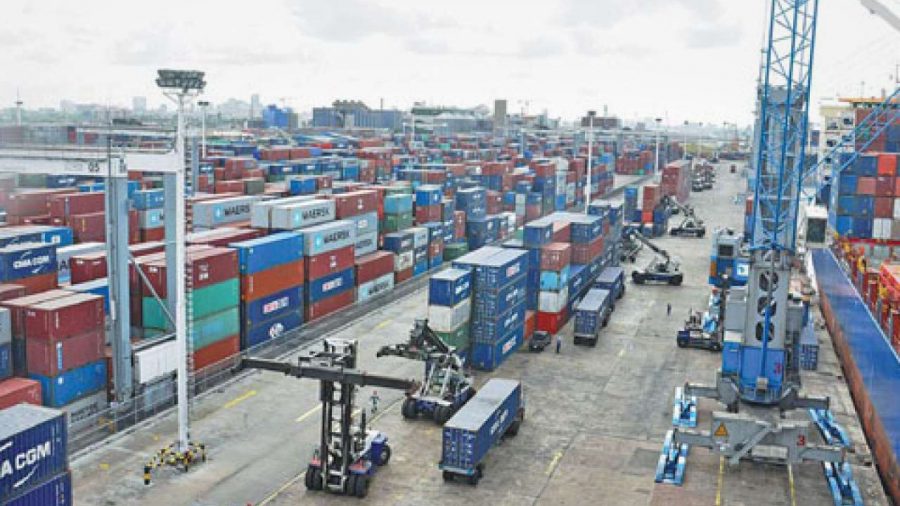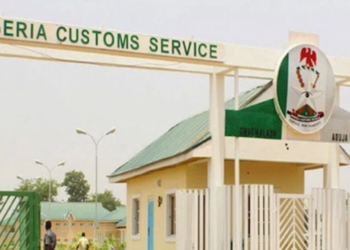There are plans by the Nigeria Customs Service (NCS) to generate the sum of ₦354 billion from its Tincan Island Command in 2018.
Muhammed Baba, the Controller in charge of the command, disclosed this in Lagos during a press conference. According to him, the command has already made considerable progress in the first quarter of 2018, having collected the sum of ₦62 billion.
In his words, “We shall block all revenue leakages to collect appropriate duties and meet our target of ₦354 billion. So far, till date, we have collected ₦62 billion.”
The Controller also stated that the Command is working towards harmonising its database for imported goods, particularly vehicles.
According to him, the deployment of the Nigeria Integrated Customs Information System (NICIS 11) will help with the automation of the database of all imported vehicles. This will, in turn, ensure a uniform value on all imported vehicles across various customs formation.
With the NICIS 11 program deployment, the valuation data base will be automated. It will be automated in such a way that using the VIN number which gives you all the necessary description of the vehicle. It gives you the capacity of the vehicle, country of origin of the vehicle , type , brand and then it gives you the value.
Meetings are going on to harmonize this position before deployment of NICIS.In no distance time, transparency will definite come in the clearance of vehicles
Muhammed Baba also assured stakeholders that the Command would improve its ease of doing business while noting that “we are to provide coordinating roles in the ease of doing business initiative of the federal government. As part of the trade facilitation effort, we are aware of the 48 hours cargo clearance time. we have therefore deployed the time release study as performance indicators to guide our performance.”
But there are challenges
Although the Nigeria Customs Service has the capacity to become one of Nigeria’s major sources of revenue generation, gross mismanagement, incompetence and corruption have hindered its success over the years. In 2015, an investigative reporter exposed how bad management and corruption is preventing the NCS from functioning to its full potential.
Many Nigerian businesses depend on importation for their survival. These businesses are [daily] affected by this ineptitude and corruption of the Nigeria Customs Service. Some of the complaints from businessmen range from unnecessary delays to excessive charges; money that oftentimes enter private pockets.
Perhaps the NCS can indeed generate ₦354 from its Tincan Island port. But while it is possible to do so, it should never be done at the expense of businesses because doing so would have negative effects on the economy.



















